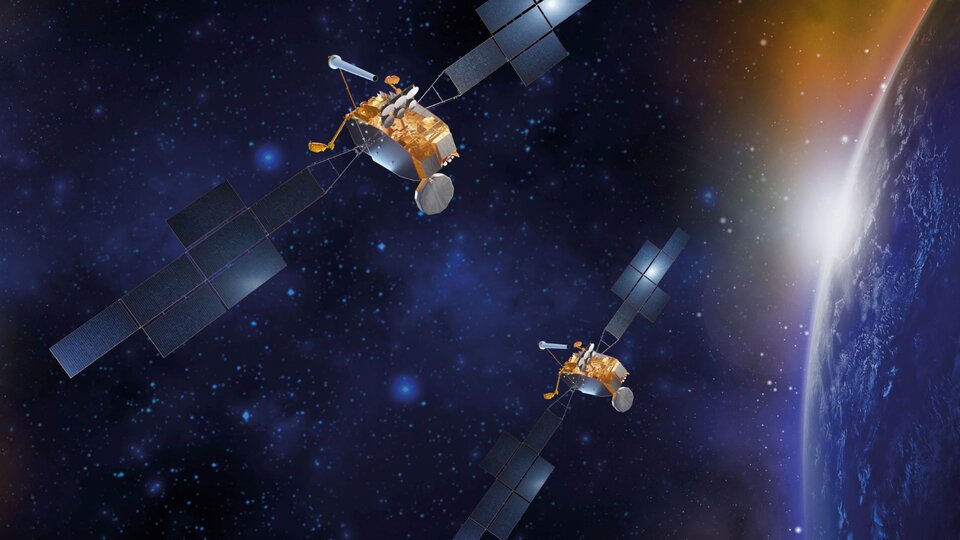
XTAR, a satellite operator based in Virginia, is poised to enhance its presence in the U.S. and allied defense markets by transitioning to a new fleet of next-generation satellites. This shift comes as the company moves away from its existing two legacy X-band satellites, aiming to better serve military communications needs.
Strategic Shift Driven by Investment
The transition is significantly supported by funding from Hisdesat Servicios Estratégicos, a minority shareholder based in Spain. This investment is expected to facilitate the development and deployment of advanced spacecraft, positioning XTAR to meet the growing demands of defense communications.
XTAR’s strategic pivot is timely, considering the increasing reliance on satellite technology for secure military operations. The company’s commitment to upgrading its satellite fleet reflects the evolving landscape of defense communications, where enhanced capabilities and reliability are paramount.
Implications for U.S. Military Operations
As the U.S. defense market anticipates evolving threats, the need for robust communication systems is critical. XTAR’s new satellites aim to provide improved bandwidth and security features that align with military requirements. This move not only strengthens XTAR’s portfolio but also contributes to the operational effectiveness of U.S. forces and their allies.
Industry analysts note that the integration of next-generation satellites could lead to significant advancements in military communication capabilities. With ongoing geopolitical tensions, the ability to transmit secure information swiftly and reliably is essential for modern defense strategies.
XTAR’s focus on military applications underscores a broader trend in the satellite industry, where companies are increasingly investing in advanced technologies to meet the needs of government and defense clients. As this transition unfolds, XTAR is likely to play a pivotal role in shaping the future of defense communications.
The company’s commitment to innovation and collaboration with strategic partners positions it well for future opportunities within the defense sector. As XTAR prepares for this transition, stakeholders will be closely monitoring its progress and the potential impact on the U.S. defense landscape.







